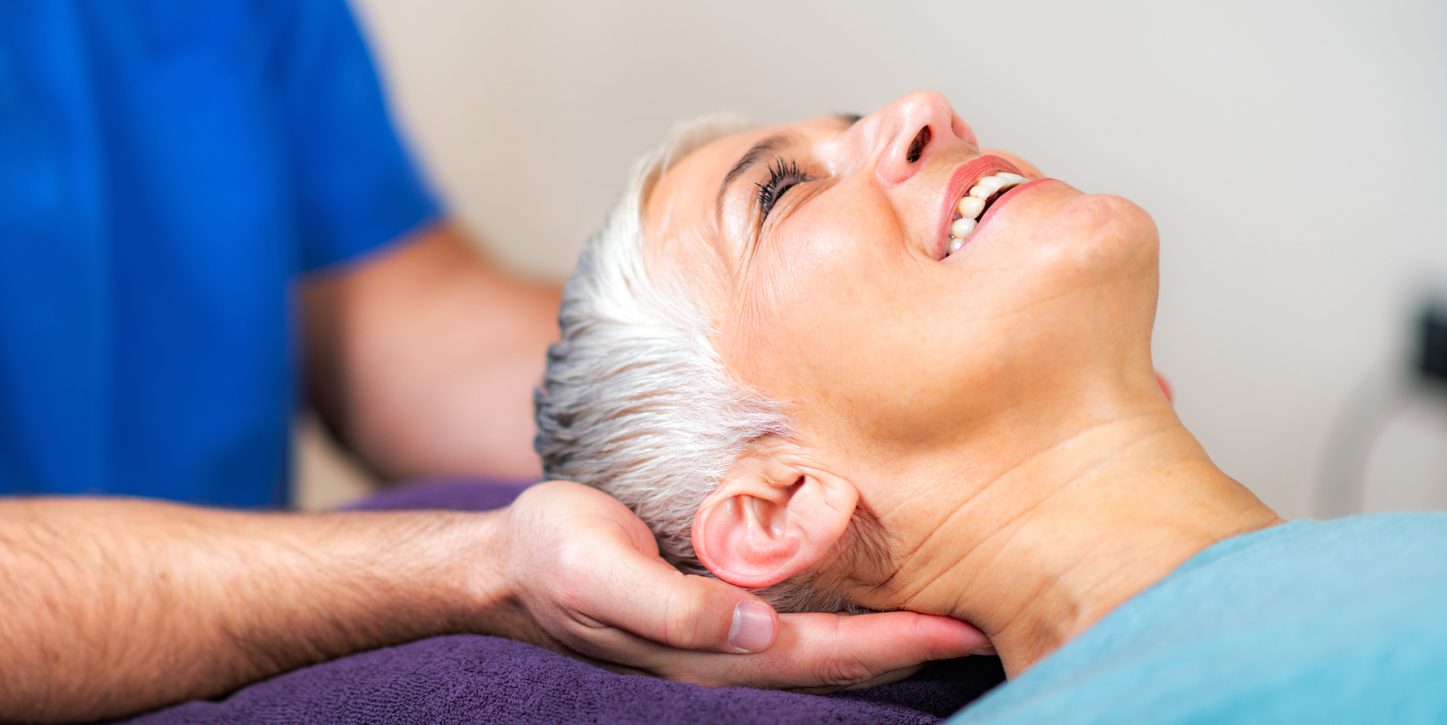There are two basic approaches to health care. One we refer to as “reactive” and the other “proactive”. Reactive health care is when we react to a medical situation. For example, you go and see your doctor when you become ill. Another one could be a child falls and breaks his arm.
In contrast, proactive health care has a lot to do with preventative medicine. It includes health practitioners building a relationship with their patients to educate, guide, and treat them proactively. Per the Oxford Dictionary, proactive means creating or controlling a situation rather than responding to it after it has happened. Hence, through proactive health care, we create better health for our patients.
Both approaches have their place in health care. If you are in a car accident or a child falls and breaks their arm, reactive health care in such situations is vital. But with rising health care costs, it is no wonder more people are turning to proactive health care. Proactive health care puts you in the driver seat of your current and future health.
Rising Cost of Health Care
I don’t think anyone argues that health care costs are rising every year. In South Carolina, the average cost of Health Insurance is $4,600 per year. According to the CNBC news channel, the average cost to treat a hospitalized patient with coronavirus is $30,000. With health care costs increasing every year, preventative care is becoming more crucial.
Preventative Care
Take charge of your health to prevent bigger problems down the road.
Who hasn’t dreamt about the Fountain of Youth – that mythical spring that restores the youth of anyone who drinks or bathes in its waters? While we cannot stop the aging process, there is a lot that can be done towards living a long and healthy life. By taking charge of your health you can prevent bigger health issues down the road. This is what preventative care is all about. And, just as there are many medical treatments for sudden illness and injury, so there are preventative treatments. Additionally, proactive health care involves building a strong doctor/patient relationship to address your specific health concerns and needs.
You are in Control
We want you in control of your health! Our job is to provide you with the therapy or therapies you need to get you on and keep you on the road to living your life the way you want. In other words, not being burdened with illness or high medical bills!
5 Tips for Proactive Health
Below are 5 tips to give you a good start to being proactive about your health. The more you work them into your routine, the healthier you will be.
1.Get Adjusted Regularly
Regular adjustments will help keep your body moving correctly and allows the nervous system to function at optimal levels. The spine is where all of the nerves in your body connect. Therefore, regular adjustments keep your nerve connections healthy. Regular adjustments slow the progression of degeneration in joints. Keeping your joints moving correctly will stop improper “bad habits” and keep your joints healthier for longer.
2.Maintain Movement through Physical Rehab Exercises
We are often told that joint pain is unavoidable as we age. Joint pain occurs when your body has lost the normal, functional movement patterns and can no longer compensate for this. However, if we can restore function to the problem area through physical rehabilitation exercises, you can recover. So, in addition to regular adjustments, keep on with your physical rehab exercises. This will not only speed recovery but also strengthen your body and help prevent further injury.
3.Proper Nutrition
Eat whole, nutrient-dense foods such as fruits, vegetables, lean meats, eggs, fish, nuts, and seeds. Avoid eating processed foods, especially refined grains and sugar. As we have said before, “You can’t outrun your fork.” This doesn’t mean a little indulgence once in a while will do any great harm. But how often does the thought, “Just this once” become long-term bad habits?
4.Vitamins & Supplements
Supplementing with essential vitamins helps to aid in healing and give your body what it needs to stay healthy and fight infection. We highly recommend doing a preventative Nutritional IV drip before, or at the beginning of, flu season. It is a great way to prepare your body to fight off any bug or virus.
5. Hydrate, hydrate, hydrate!
Drinking enough water is so important to every function your body has. Water regulates your internal body temperature, assists in flushing out waste products, lubricates your joints, and much more. So, you can see that when you become dehydrated, your body does not function as well as it should. How much water is enough? That depends on each individual. According to the United States Geographical Survey (USGS), an adult male needs about 3 liters (3.2 quarts) per day while an adult female needs about 2.2 liters (2.3 quarts) per day. Not all of the water has to come from drinking liquids, as some of this water is contained in the food we eat. This is just a basic guide to follow.
Conclusion
No one can predict when they might suddenly fall ill or have an accident. So, we all need reactive health care to deal with sudden illness or emergencies. But when you are faced with the higher costs of health care, it makes sense to use proactive health care as much as you can. And, through proactive health care, you create for yourself a more sustainable, healthy life.
Sincerely,
Dr. J. Craig Strickland, DC
Contact Us
Carolina Rehab and Physical Medicine Center
1211 48th Ave N
Little River, SC 29577

